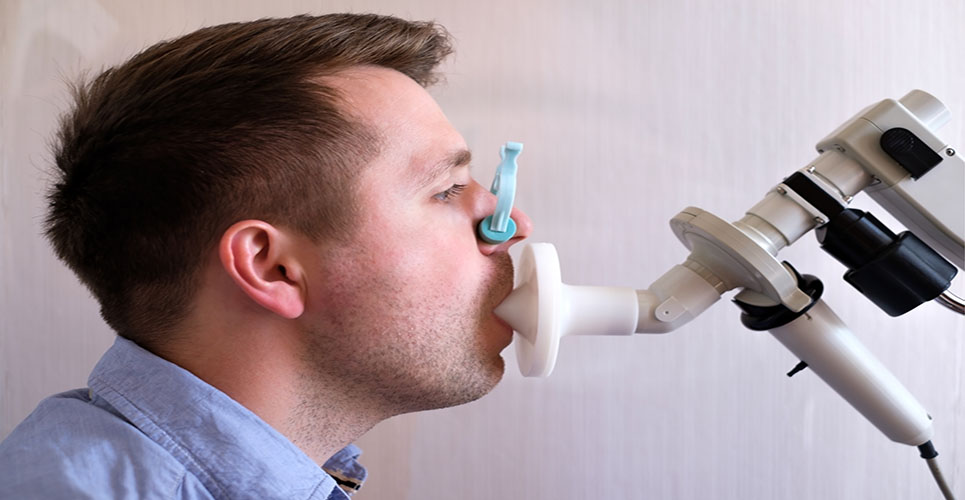↓Article continues below this sponsored advert↓
↑Advertisement↑
Janssen Infectious Diseases JCI has announced that the Committee for Medicinal Products for Human Use (CHMP), of the European Medicines Agency (EMA), adopted a positive opinion recommending the conditional marketing authorisation of bedaquiline tablets for use as part of a combination therapy for pulmonary multi-drug resistant tuberculosis (MDR-TB) in adult patients when an effective treatment regimen cannot otherwise be composed for reasons of resistance or tolerability.
The CHMP positive opinion is an important step in the conditional approval of bedaquiline, and will now be considered by the European Commission (EC), which has the authority to approve medicines for use throughout the European Union. The CHMP positive opinion was supported by 24-week data from the Phase 2 clinical development programme, which included a controlled, randomised trial that evaluated the safety and efficacy of bedaquiline versus placebo in the treatment of patients with pulmonary MDR-TB in combination with a background regimen (TMC207-C208 Study 1 and Study 2) and an open-label study (C209). The durability of effect was supported by 120-week data from the Phase 2 controlled, randomised trial.(1)
In 2012, of the estimated 8.6 million reported new cases of TB globally, 3.6% were MDR-TB.(2) MDR-TB is a particularly complicated form of TB characterised by resistance to at least two of the standard four-drug, anti-TB drug regimen(3) and is estimated to kill 150,000 people annually(4) and projected to infect more than two million people between 2011 and 2015.(5)
Bedaquiline has a unique mechanism of action that inhibits mycobacterial ATP (adenosine 5’ triphosphate) synthase, an enzyme that is essential for the generation of energy in Mycobacterium tuberculosis. In Phase 2 clinical trials, adding bedaquiline to the current standard of care resulted in significantly faster culture conversion and significantly higher proportion of culture conversion. The new mode of action of bedaquiline also minimises the potential cross-resistance with existing TB drugs.
Bedaquiline was granted accelerated approval by the US Food and Drug Administration (FDA) in December 2012, based on TMC207-C208 Study 1 and Study 2, which shows that significantly more patients were cured following treatment with bedaquiline versus placebo. In addition, the World Health Organization (WHO) also recently issued interim policy guidance on the use of bedaquiline in the treatment of pulmonary MDR-TB, as part of combination therapy in adults. This underscores the critical unmet need for new MDR-TB treatment options and the need to prevent uncontrolled and potentially irresponsible use of the treatment.
References
- Diacon A, et al. OP-176-02: Final 120-week results of a Phase II randomised, double-blind, placebo-controlled study of 24-weeks bedaquiline treatment for MDR-TB (C208). Int J Tuberc Lung Dis 2013;17 (Suppl 2):S234.
- World Health Organization. Global Tuberculosis Report 2013. Available at; http://apps.who.int/iris/bitstream/10665/91355/1/9789241564656_eng.pdf. Accessed December 5 2013
- WHO. Multidrug-Resistant Tuberculosis, Online Q&A. February 2012. Available at http://www.who.int/features/qa/79/en/index.html. Accessed December 5 2013
- WHO. Tuberculosis MDR-TB & XDR-TB 2011 Progress Report. Available at http://www.who.int/tb/challenges/mdr/factsheet_mdr_progress_march2011.pdf. Accessed December 5 2013.
- WHO. Partners call for increased commitment to tackle MDR-TB. 23 March 2011. Available at http://www.who.int/mediacentre/news/releases/2011/TBday_20110322/en/index.html. Accessed December 5 2013

